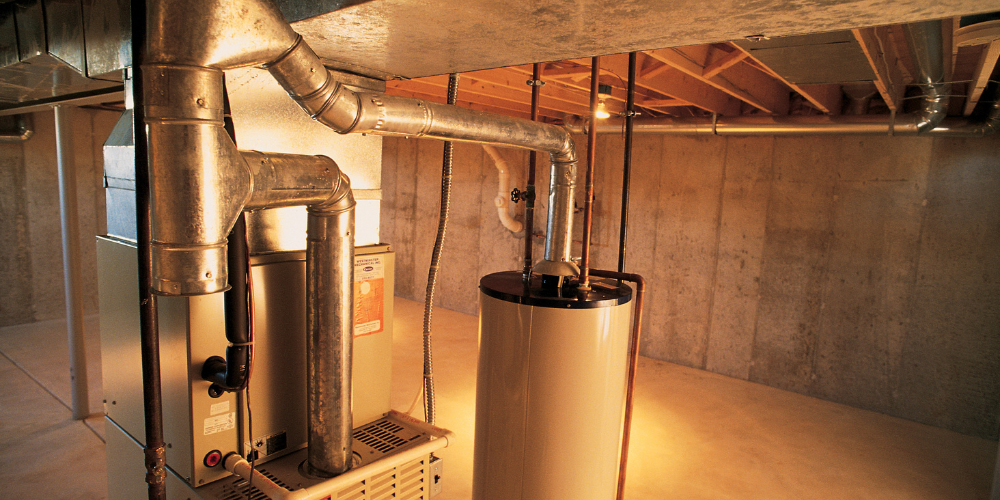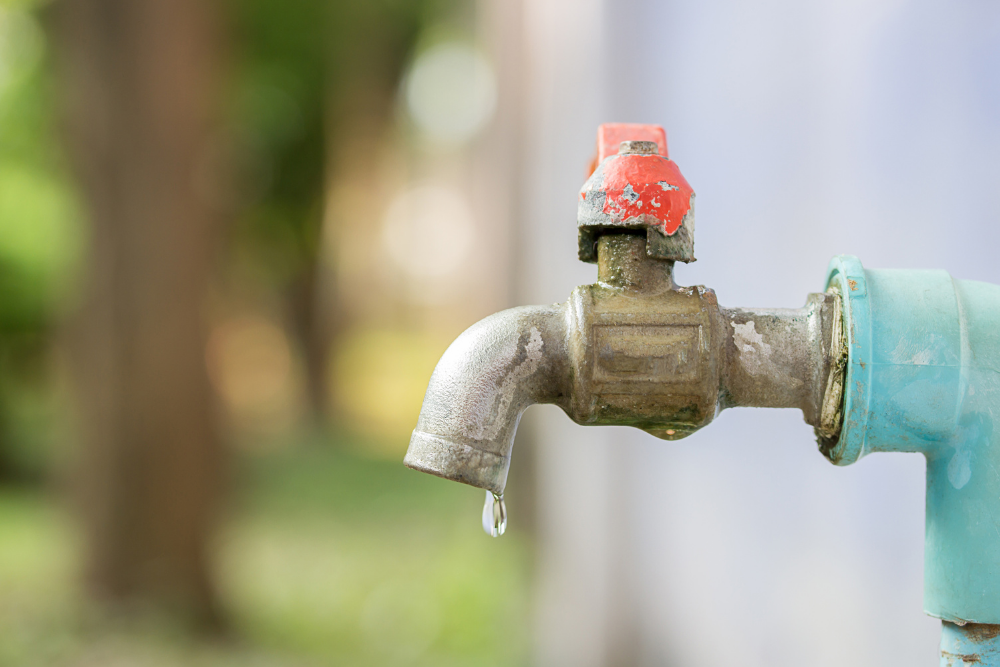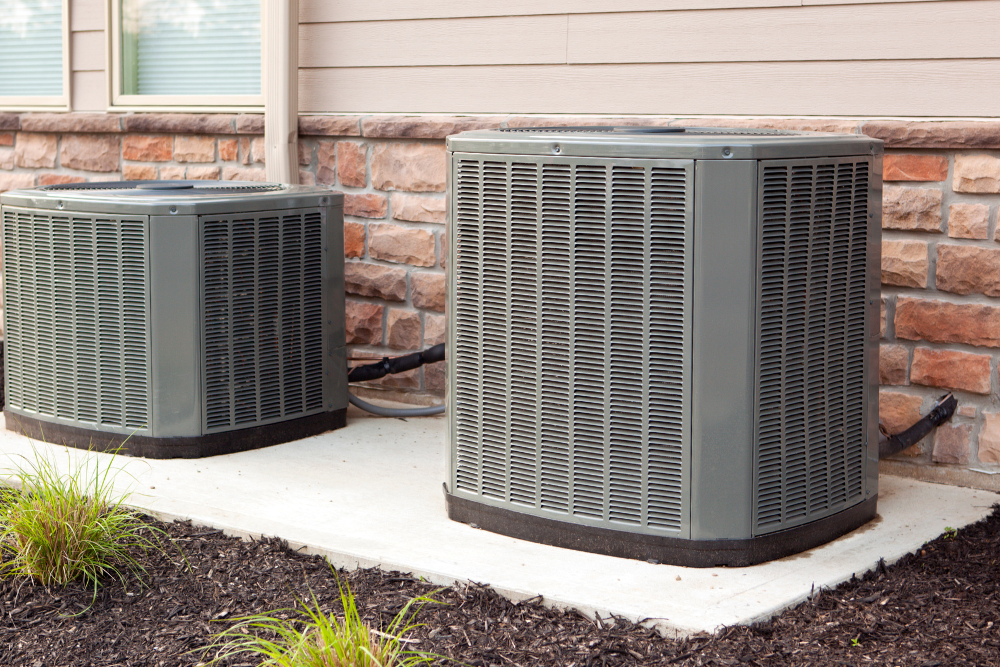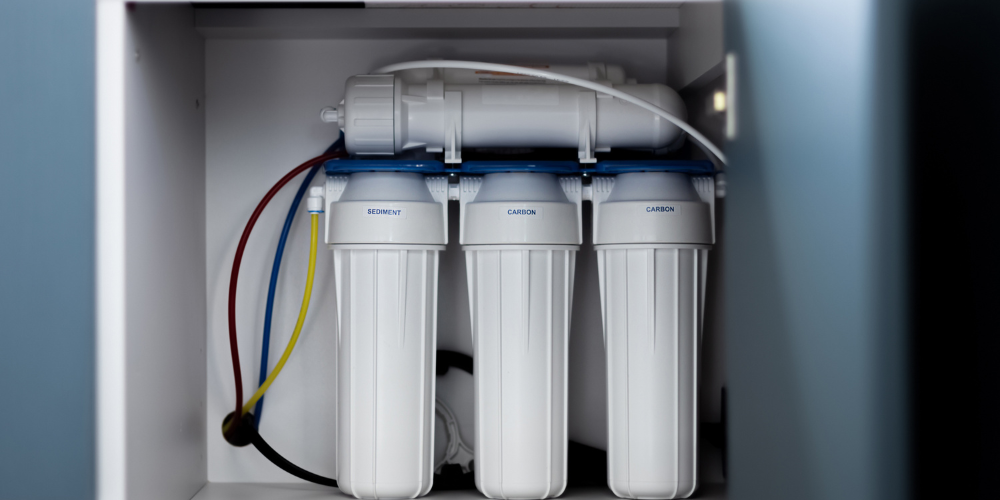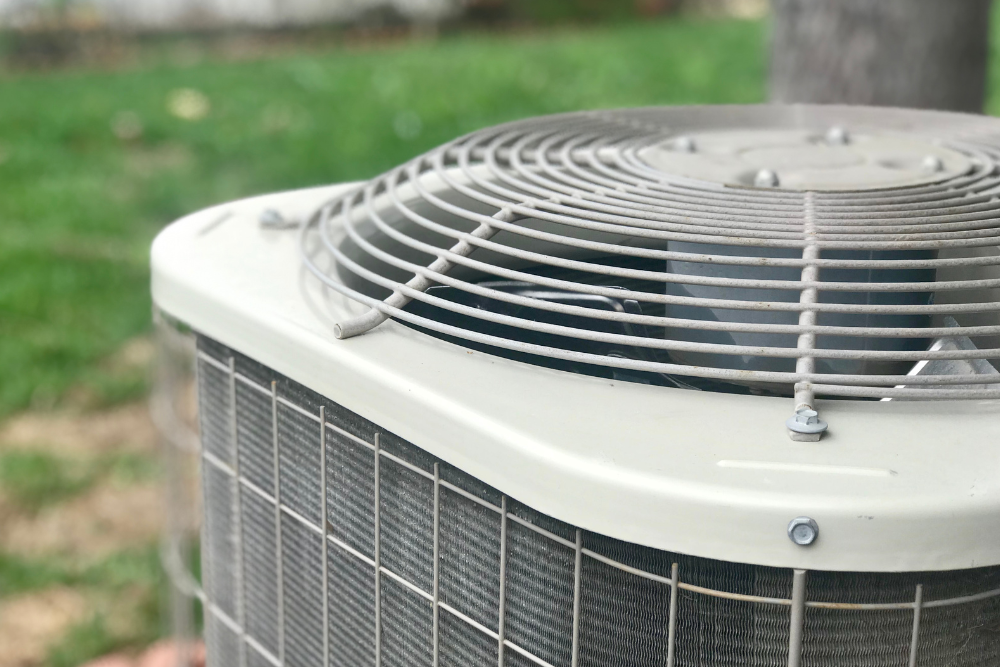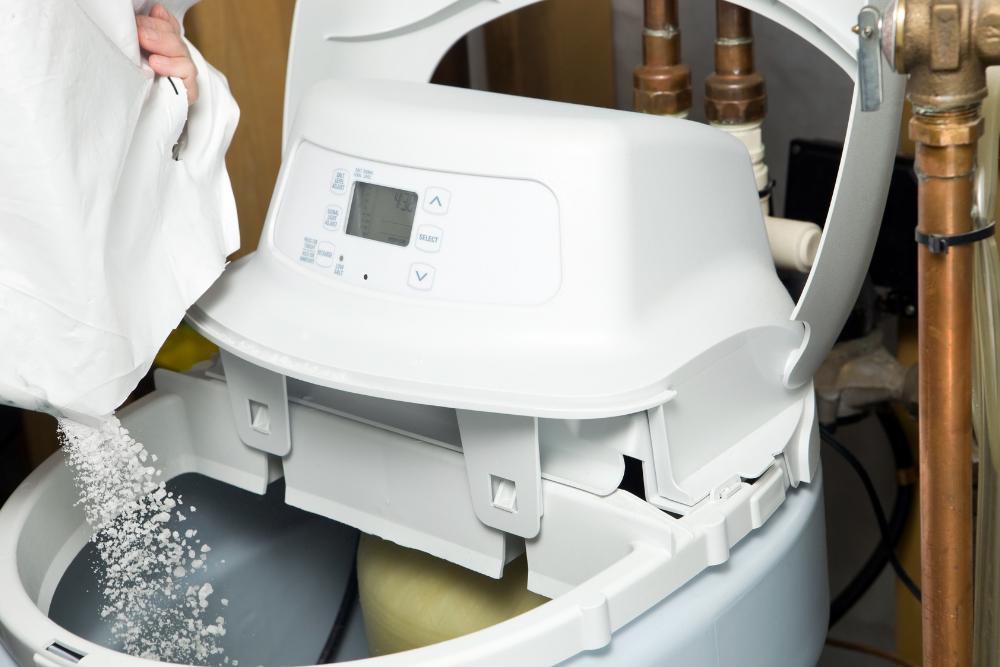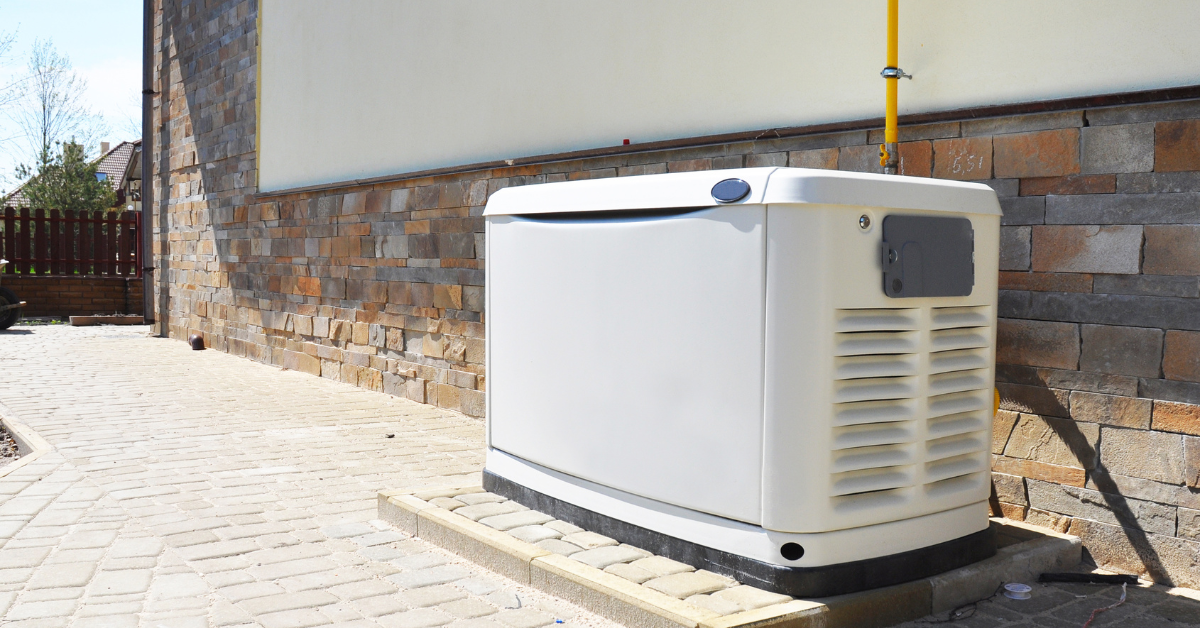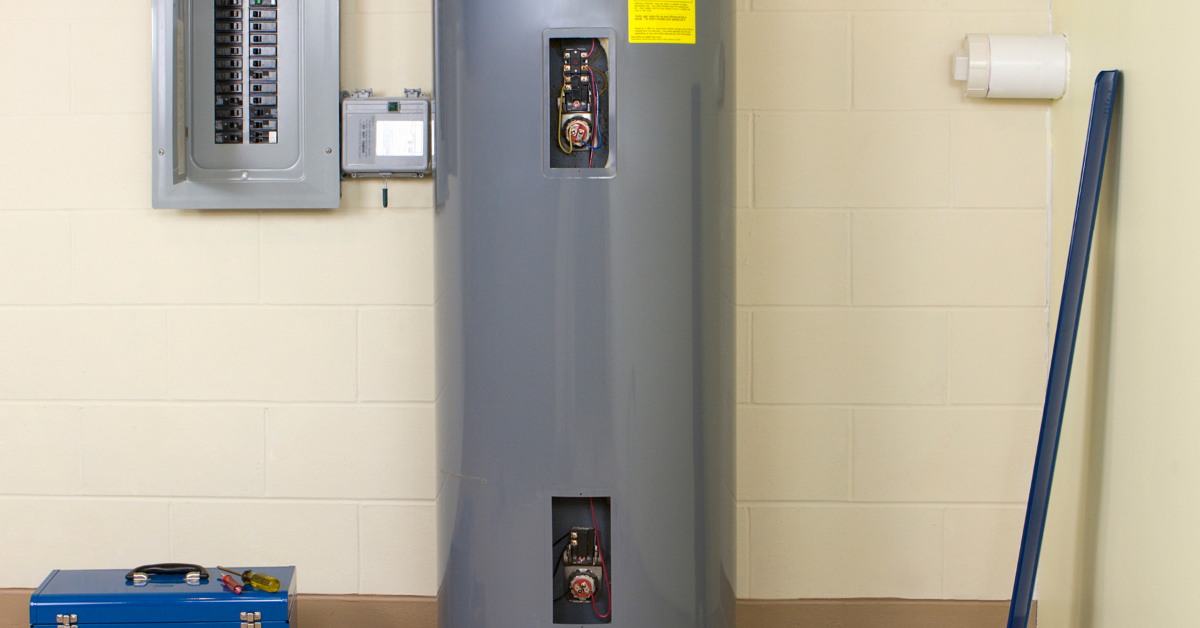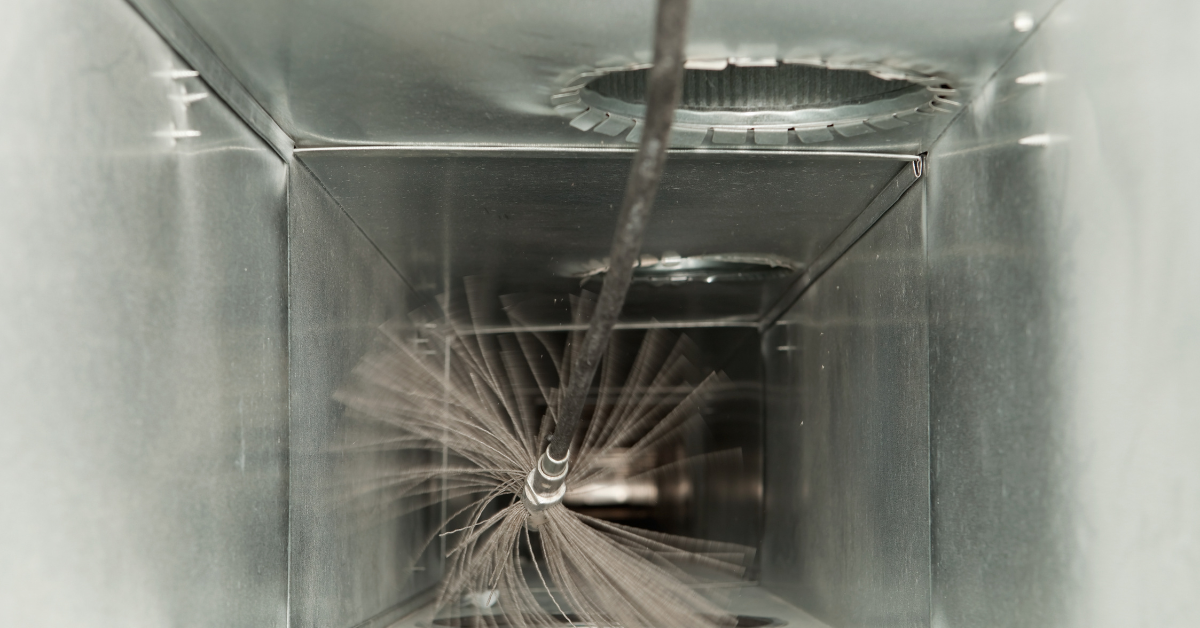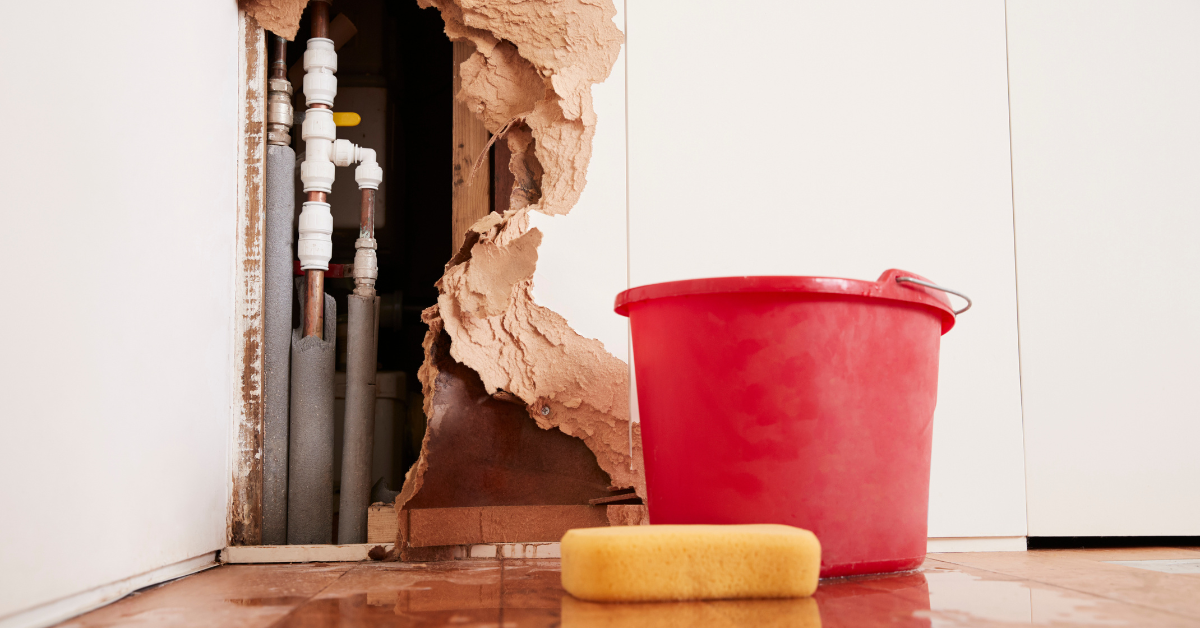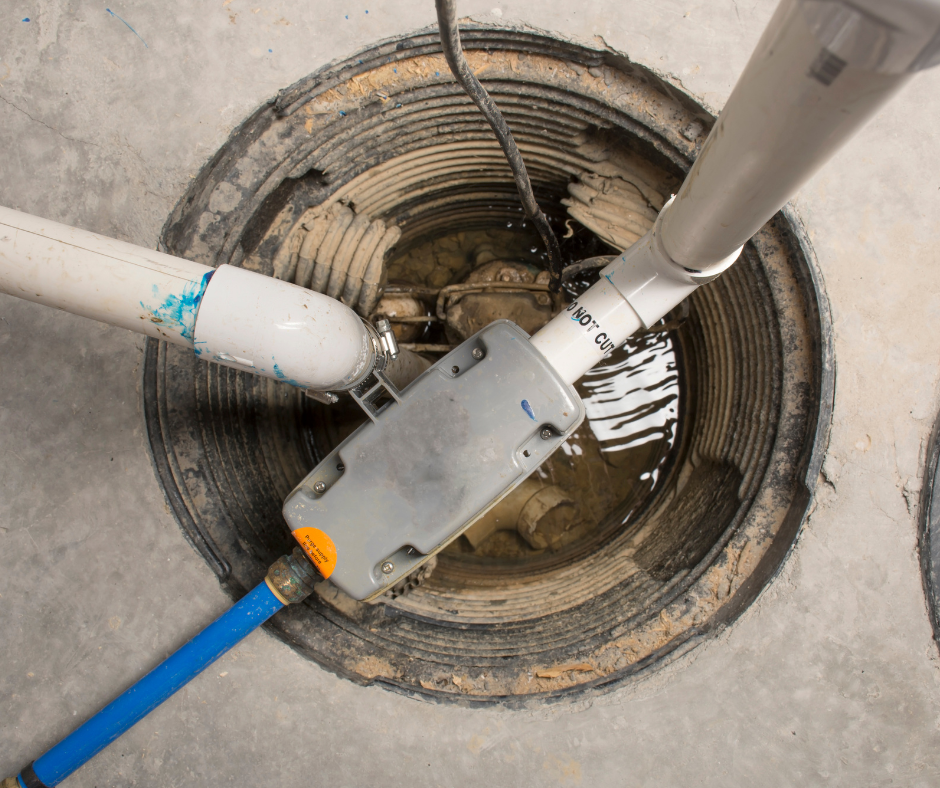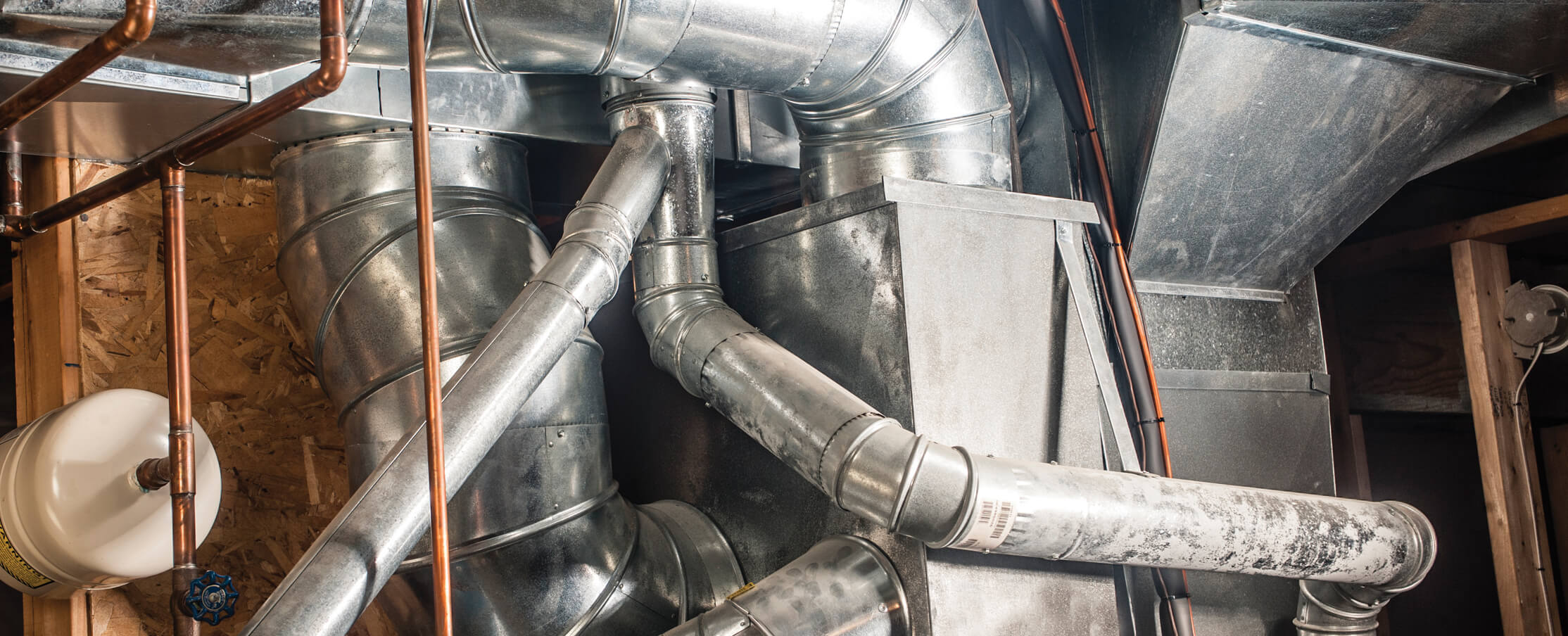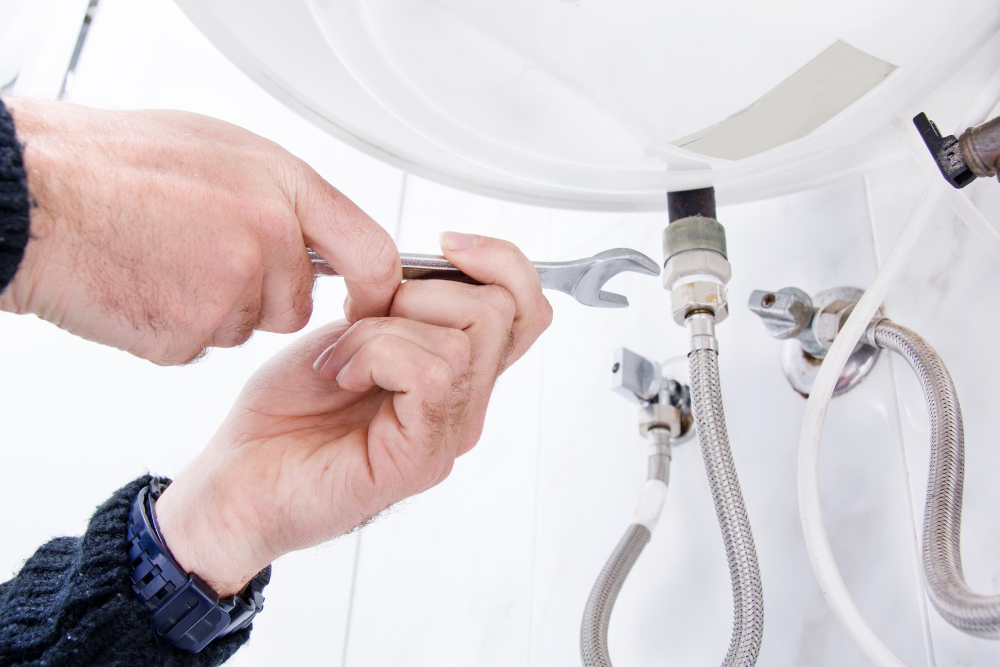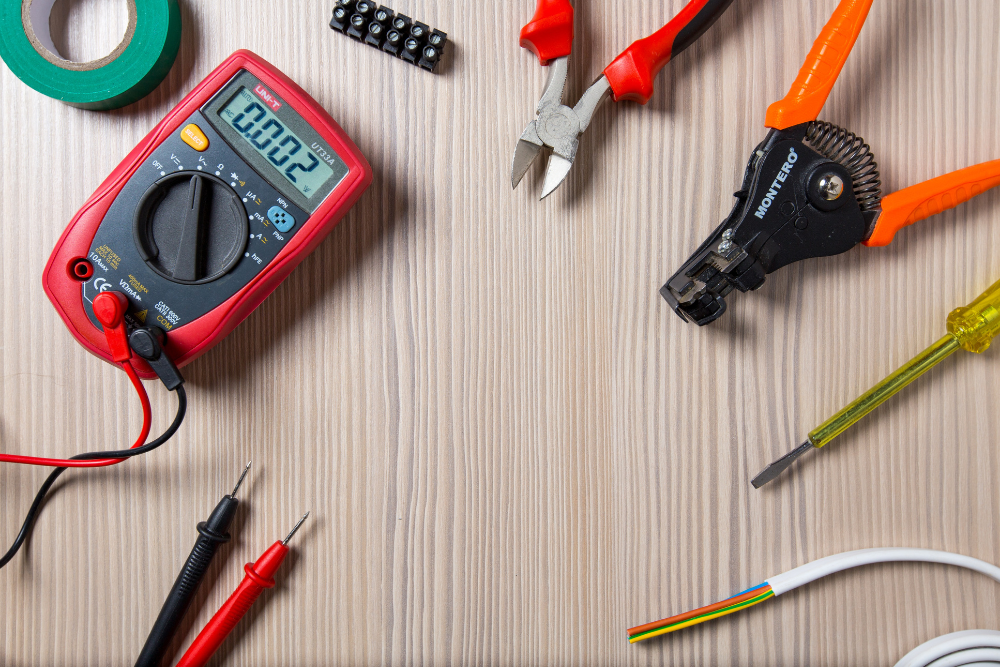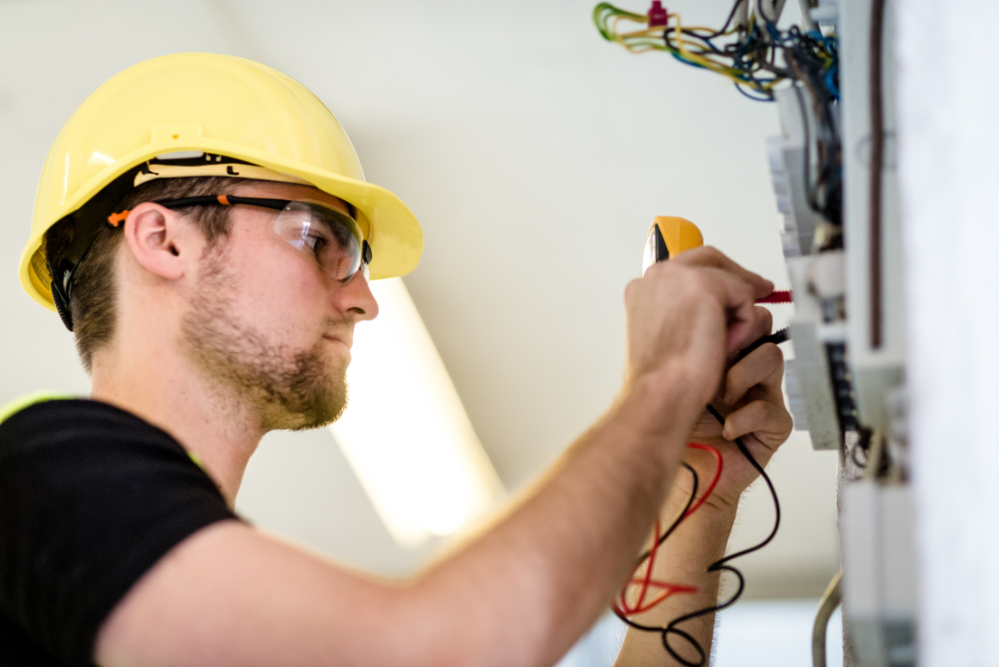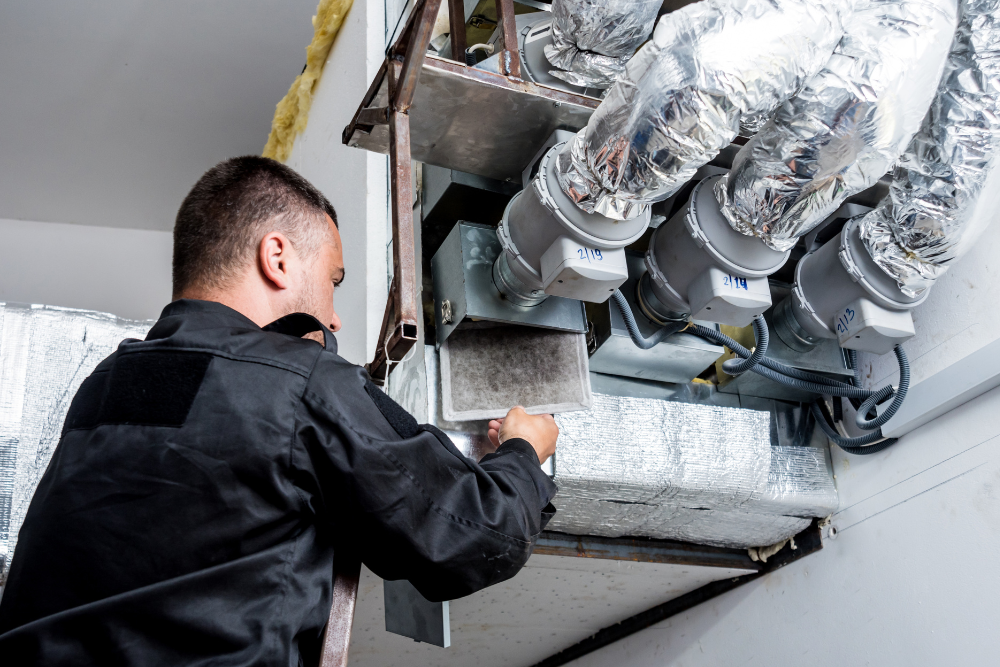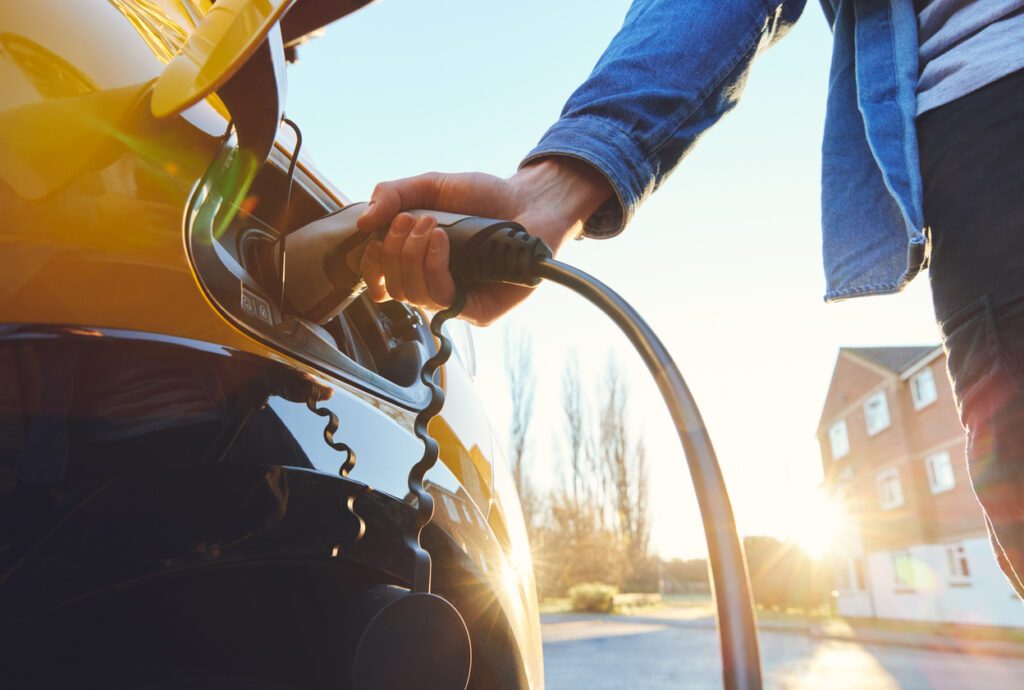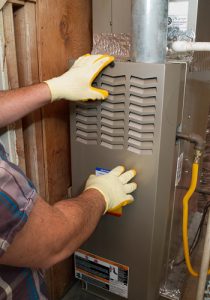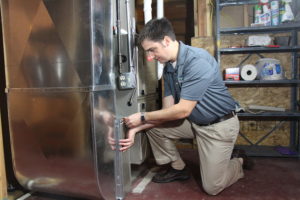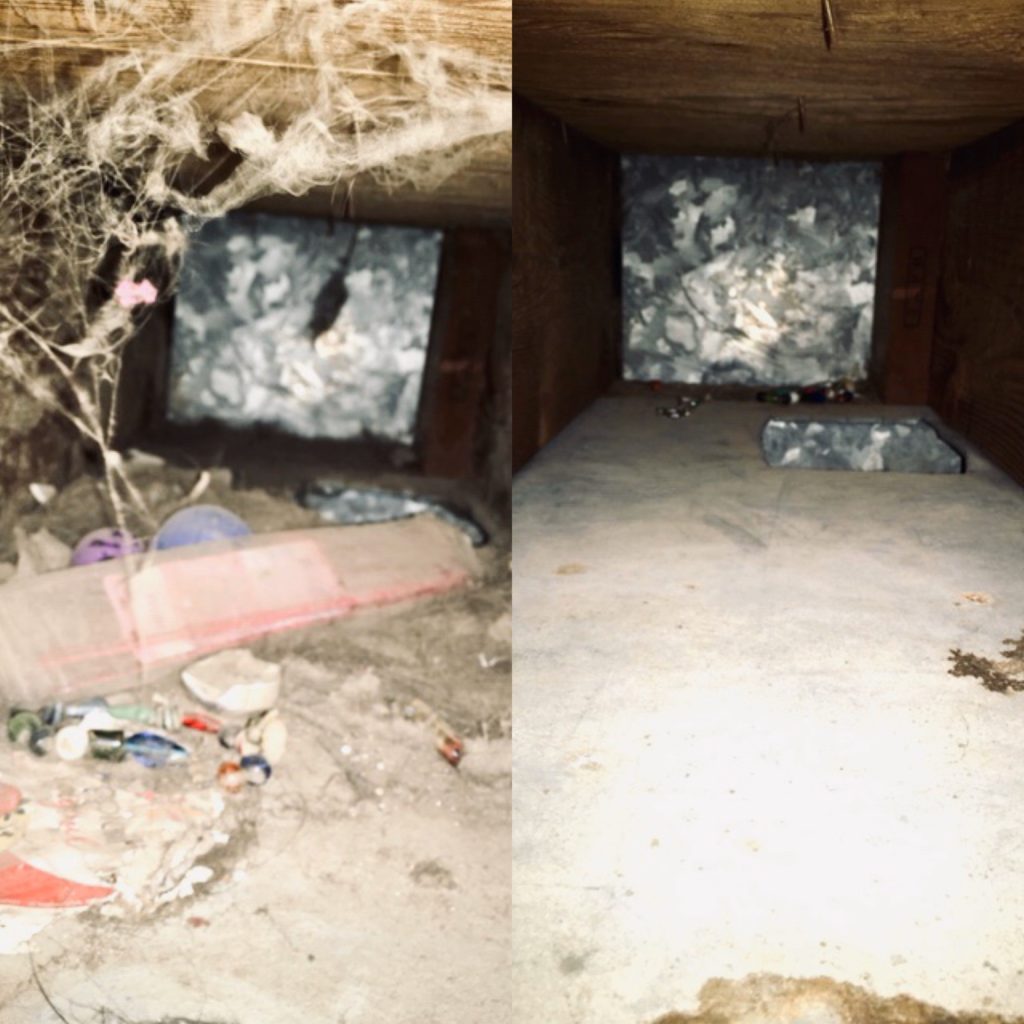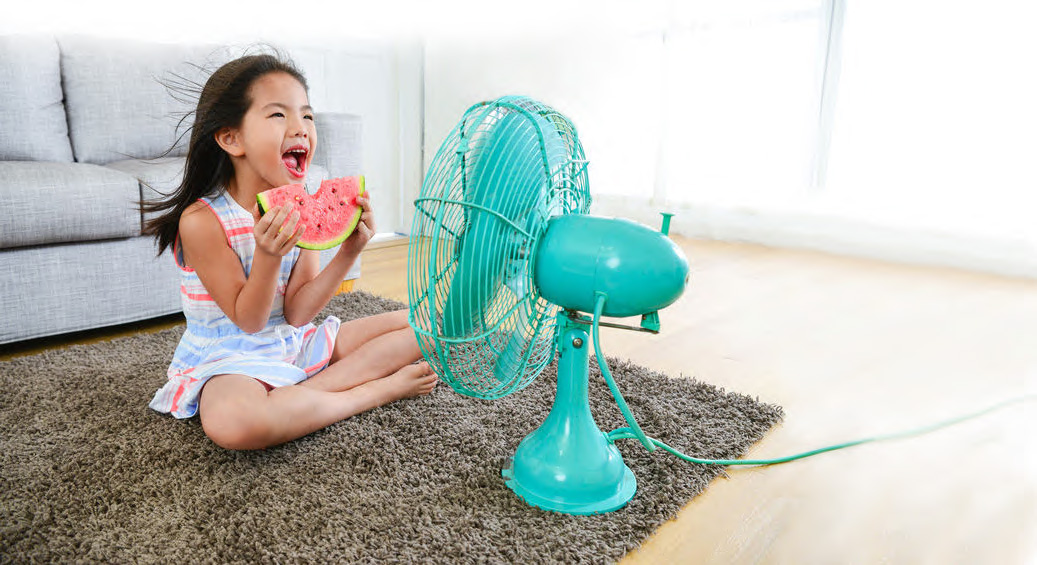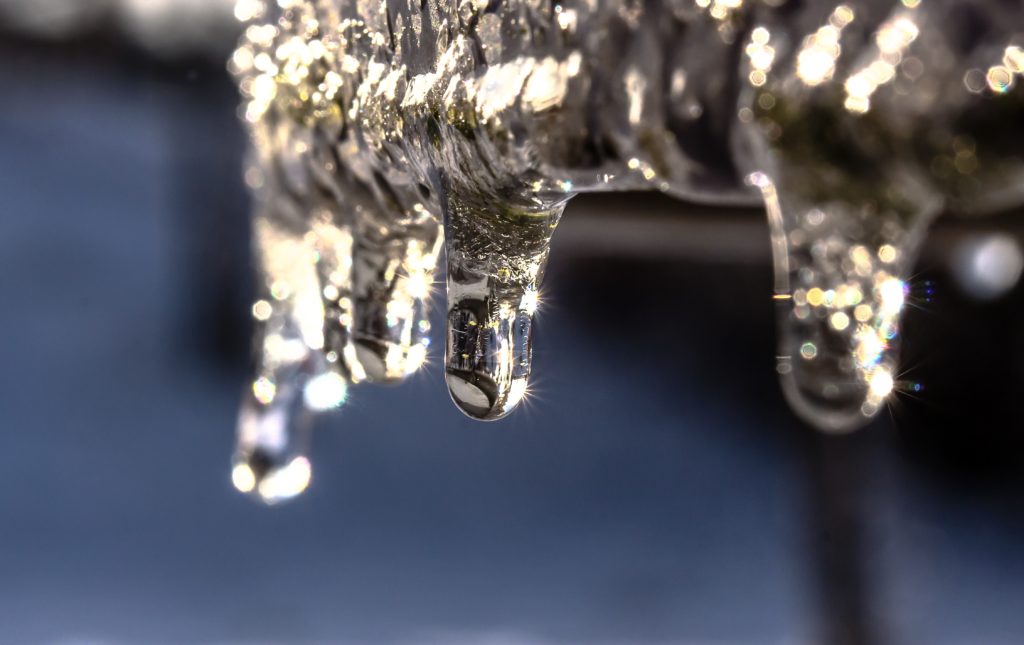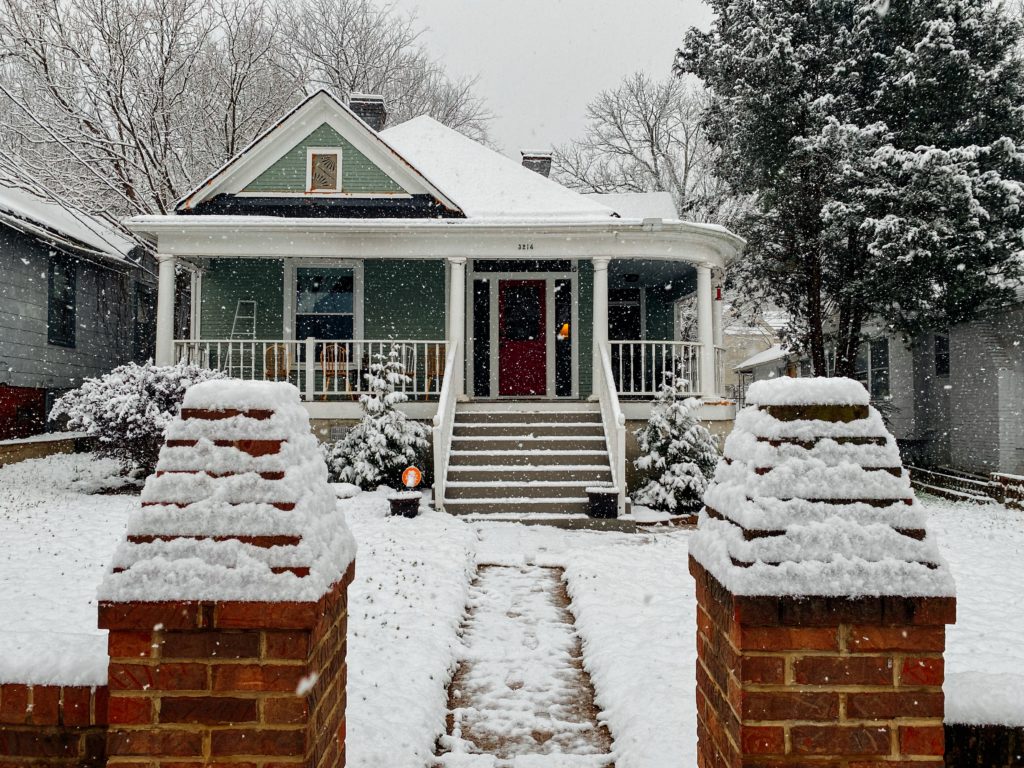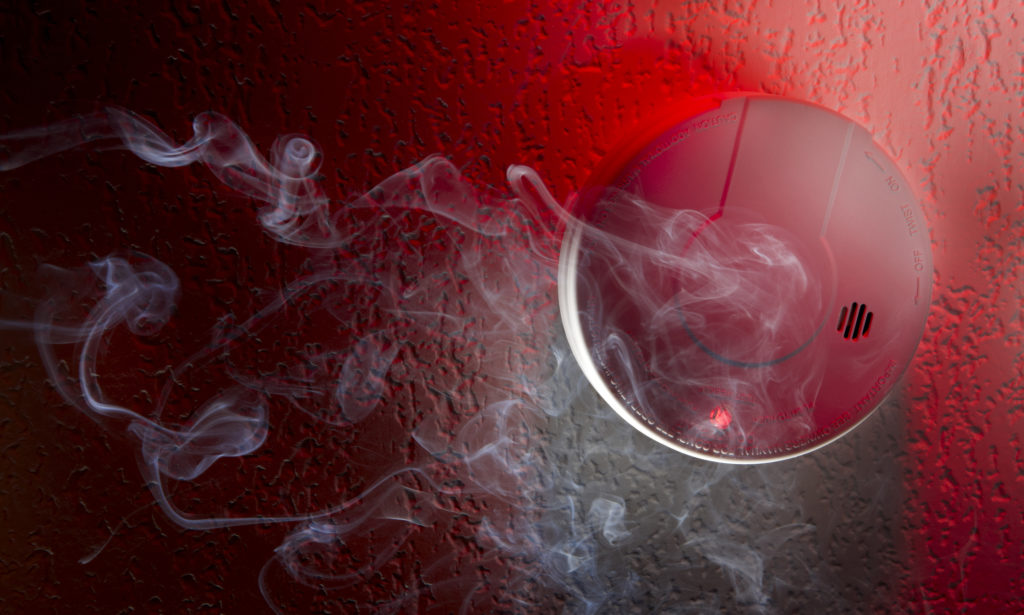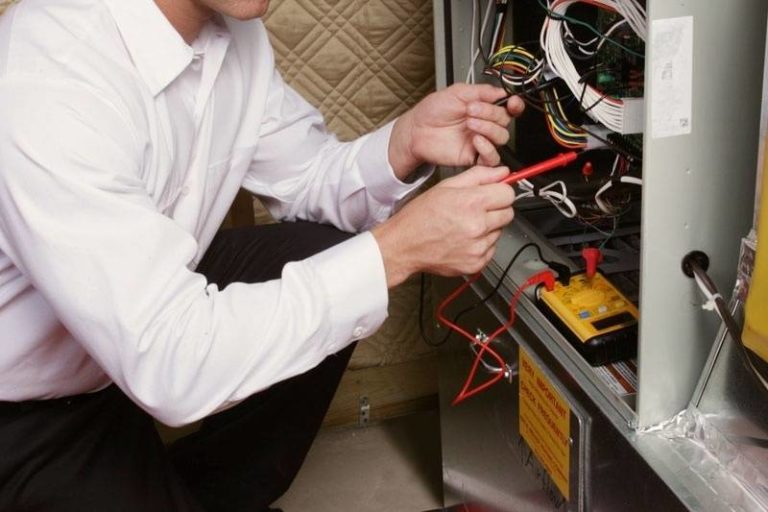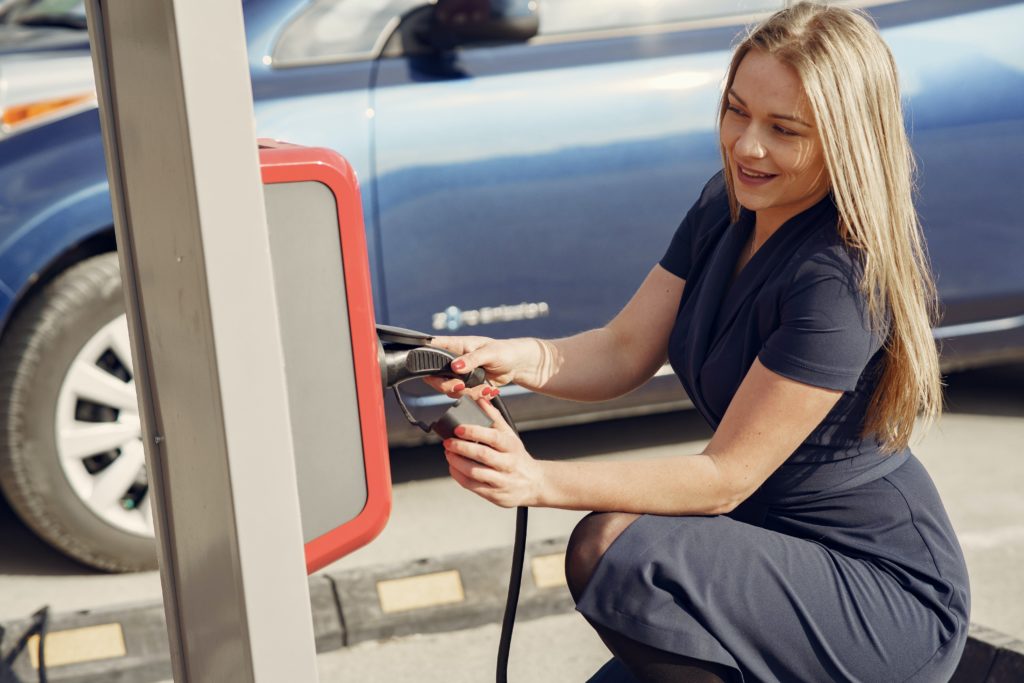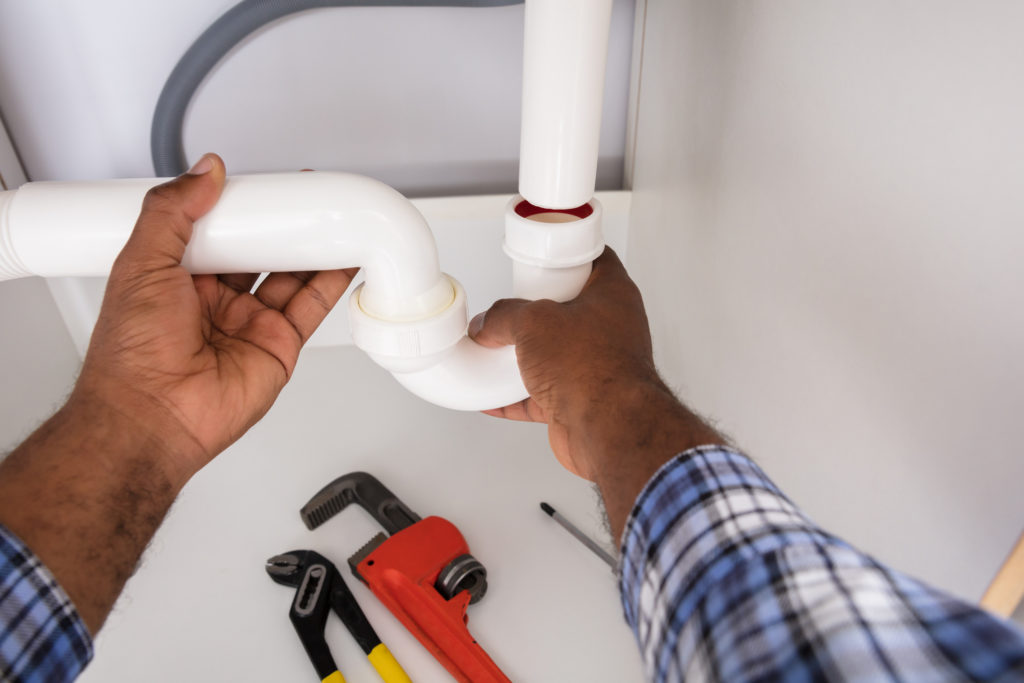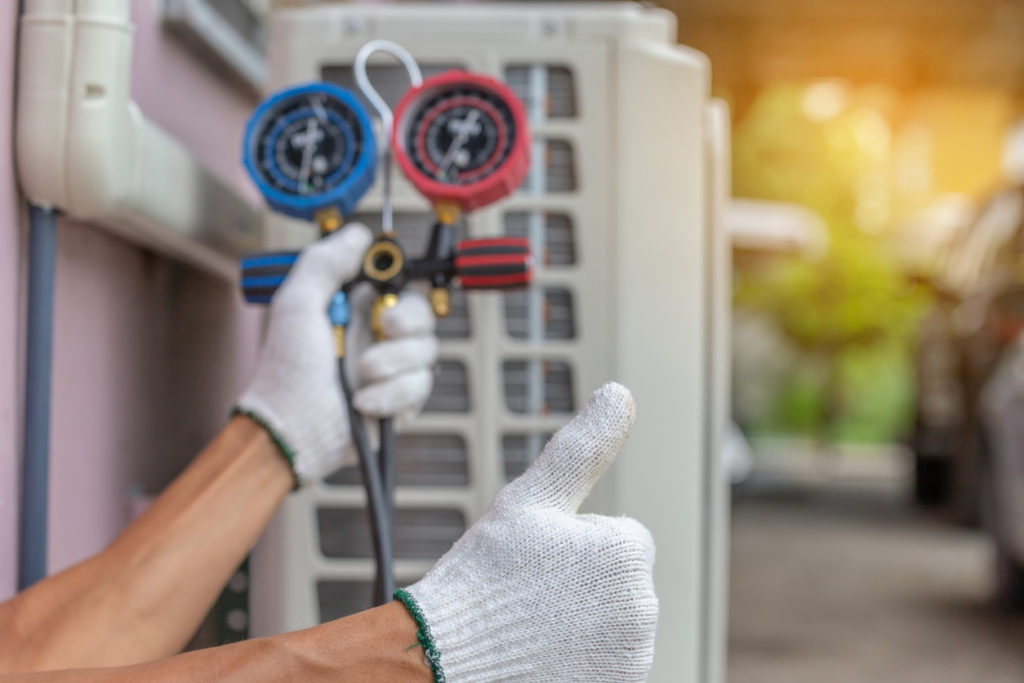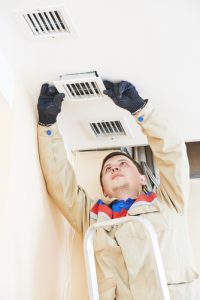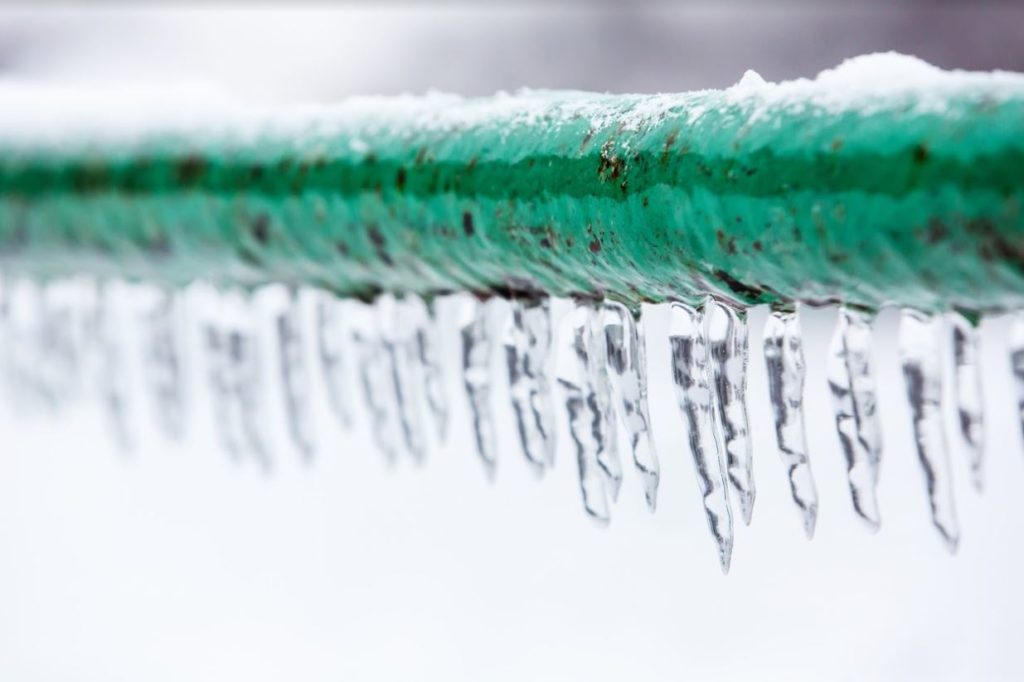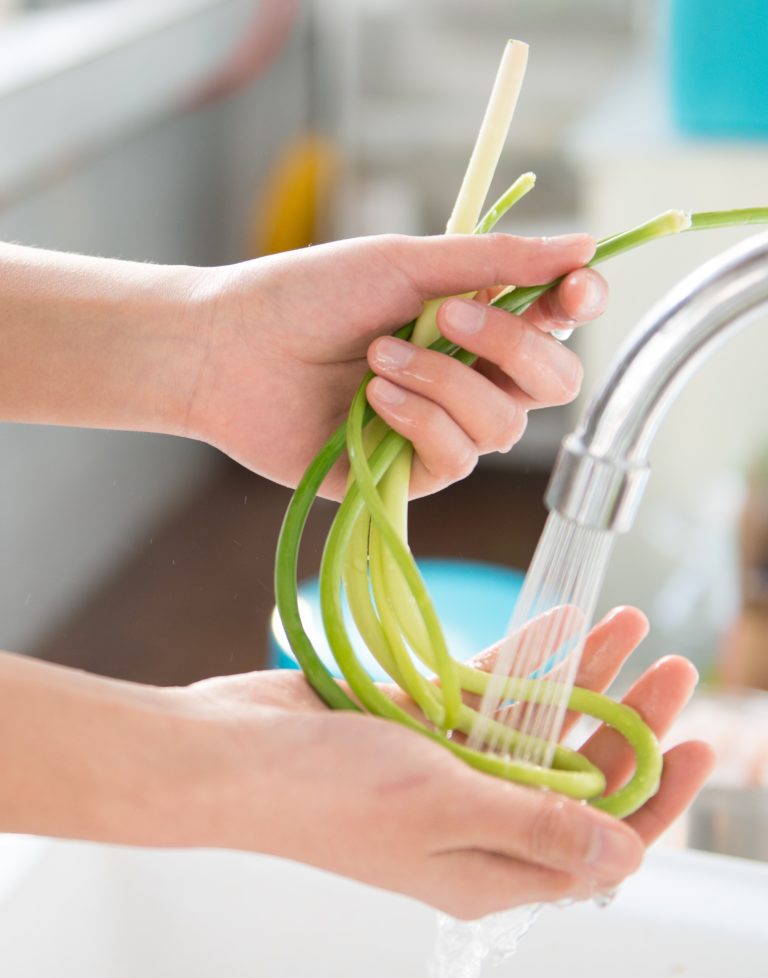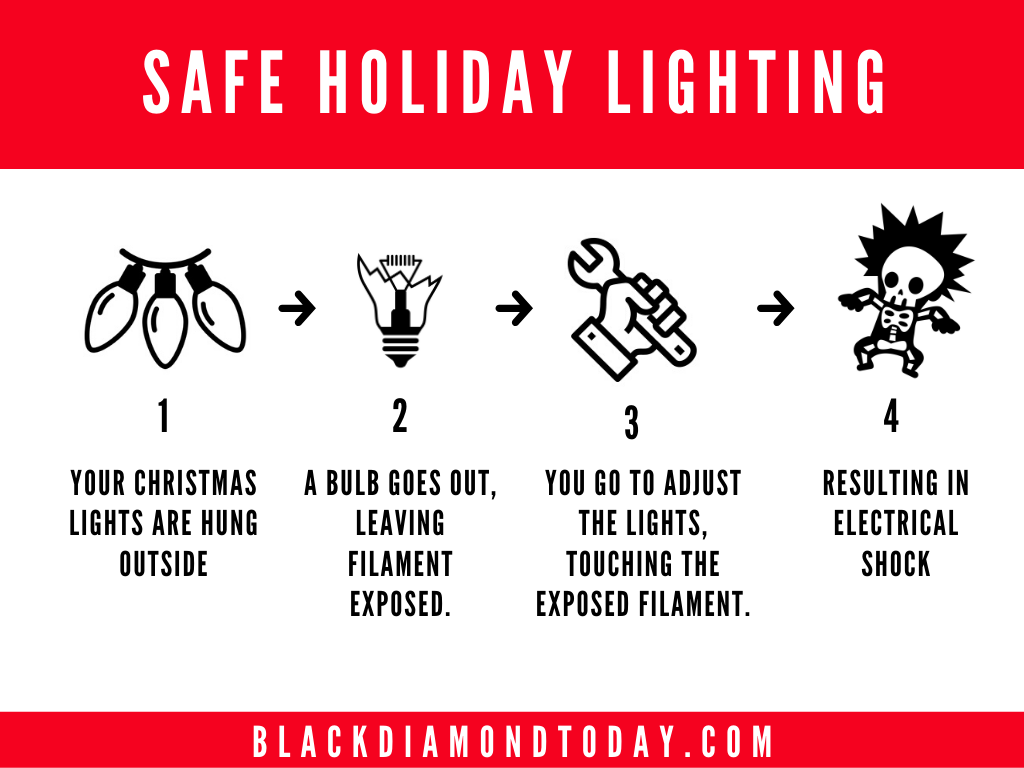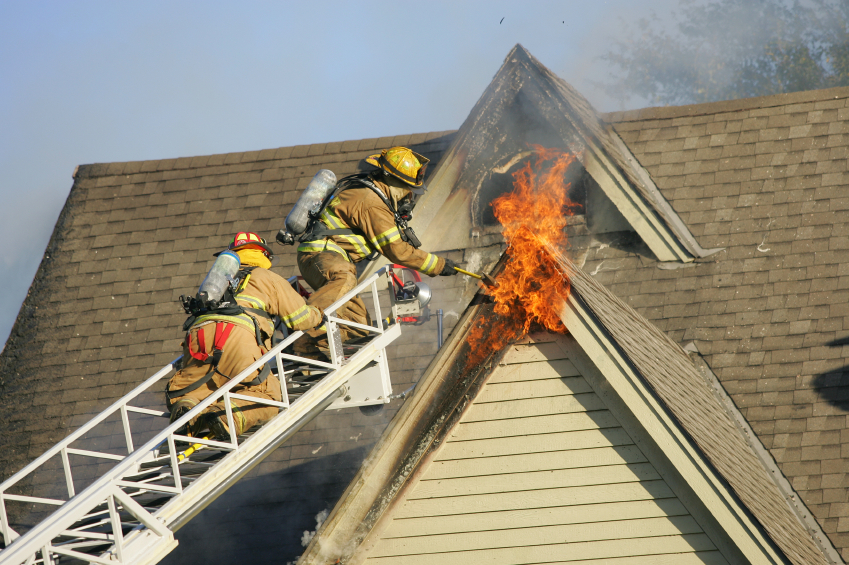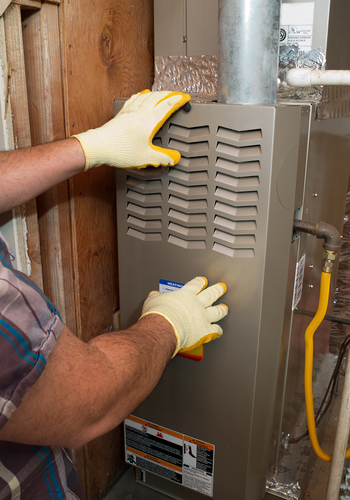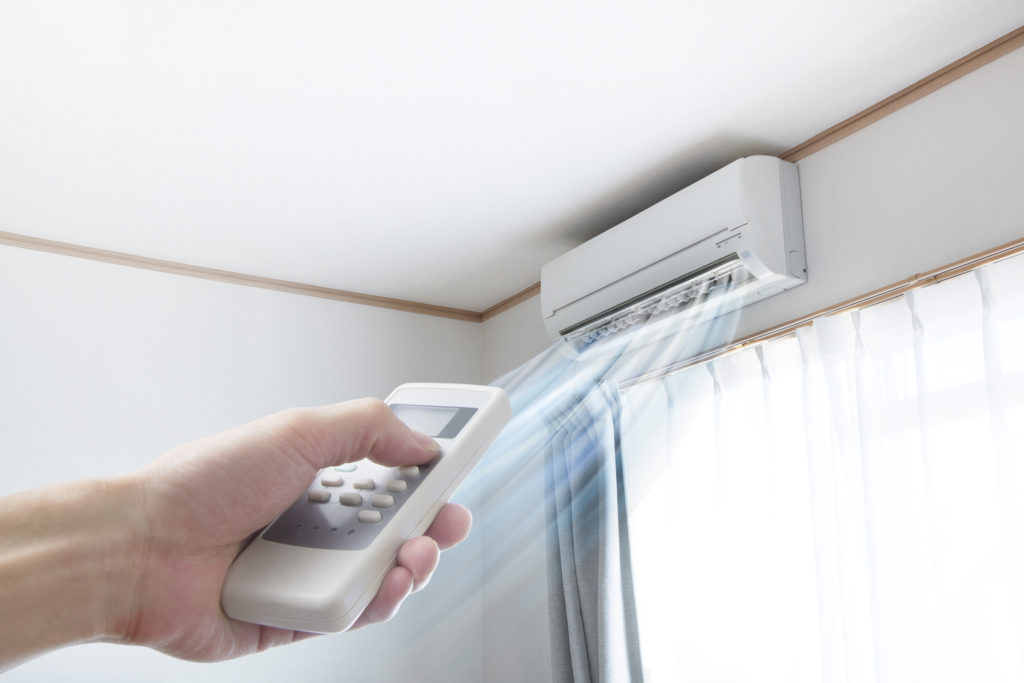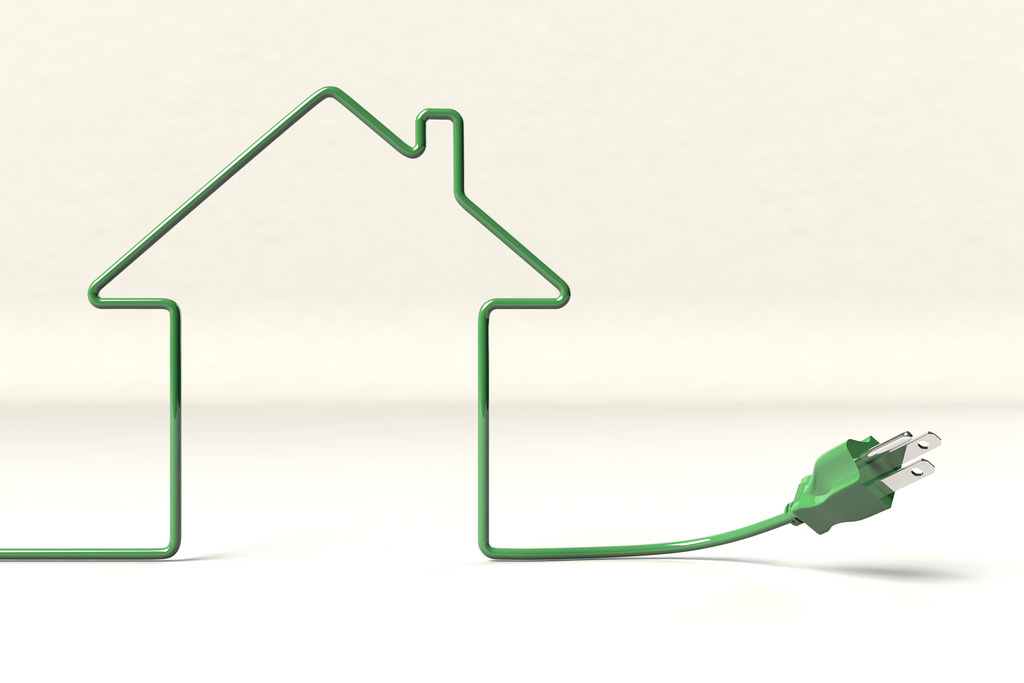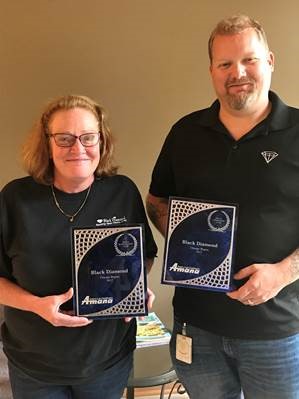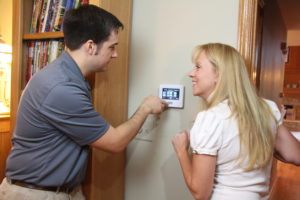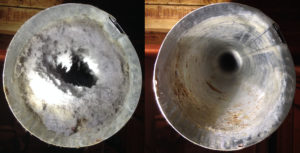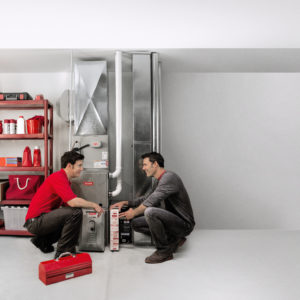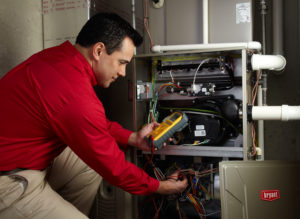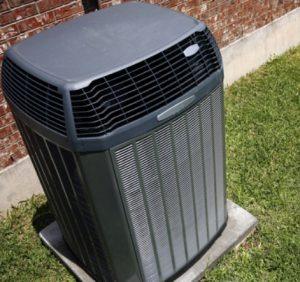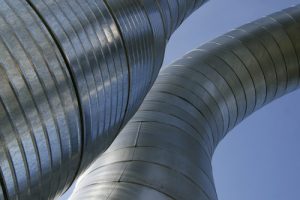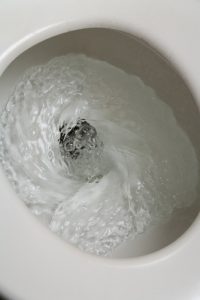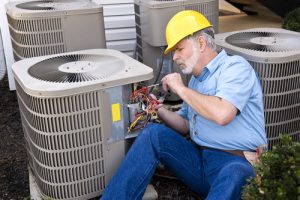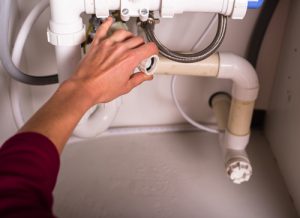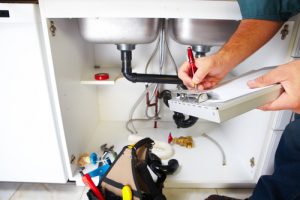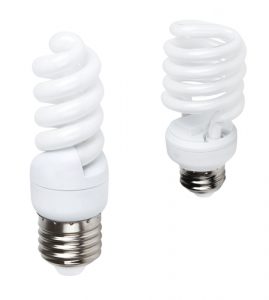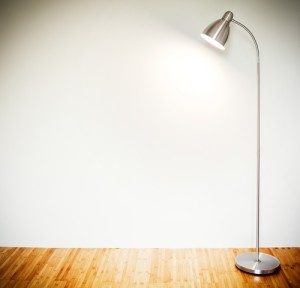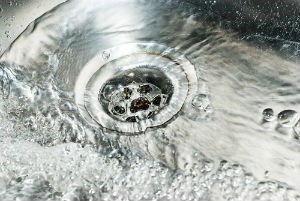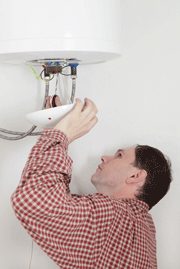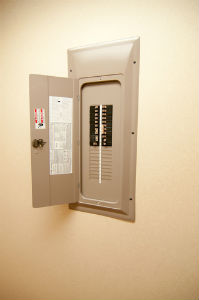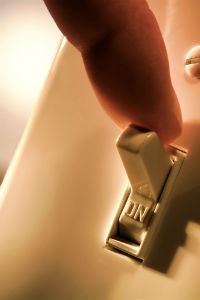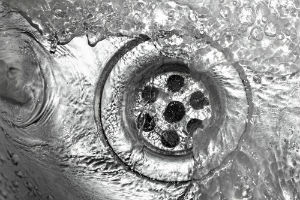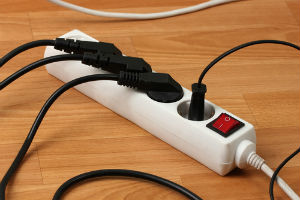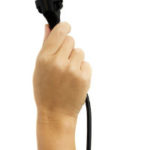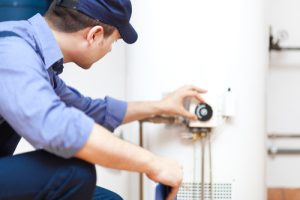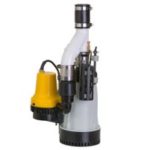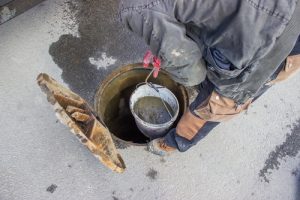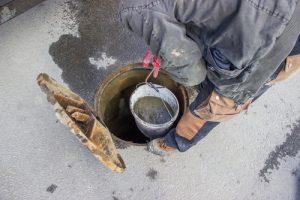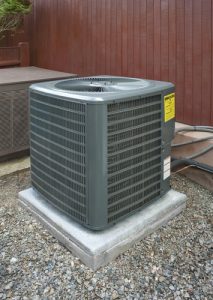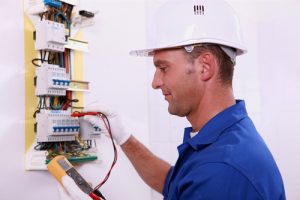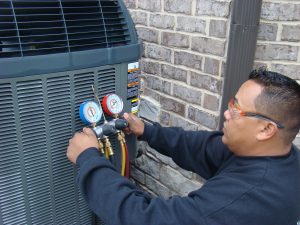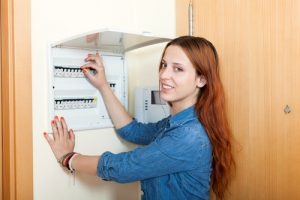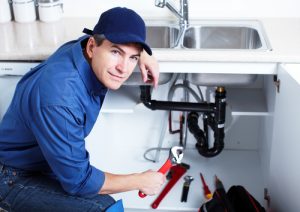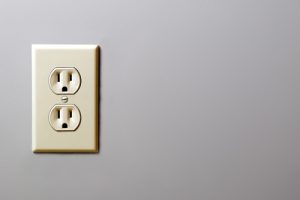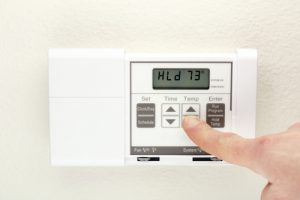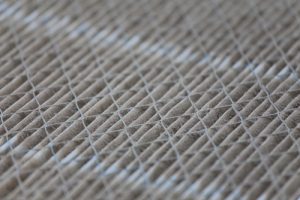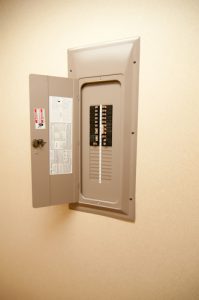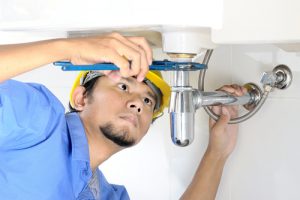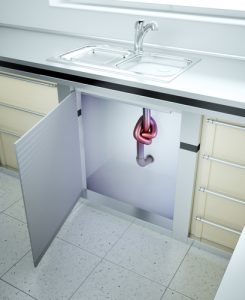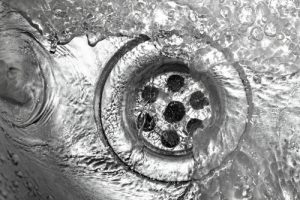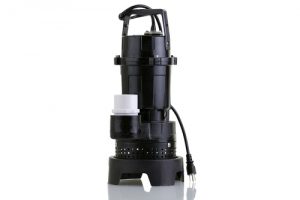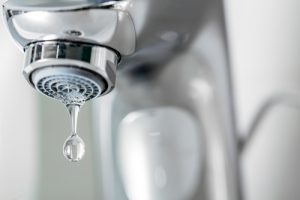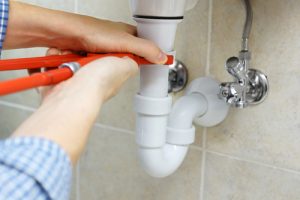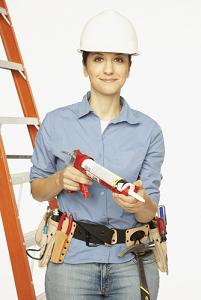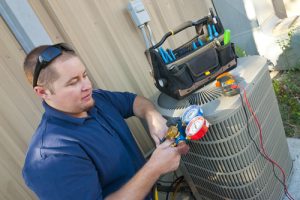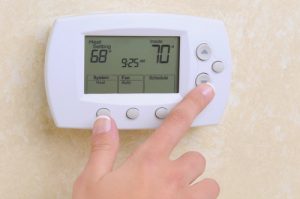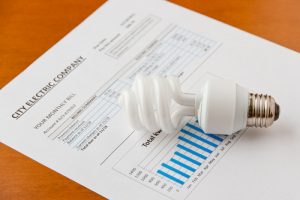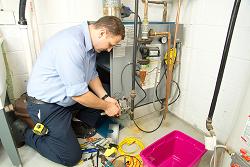Going Tankless: Is It the Right Water Heater for Your Home?
Although still not a common sight, the tankless water heater is gaining popularity in Chicagoland and around the country. For many households, this type of water heater reduces energy use and makes life a little more convenient. Despite the potential benefits, though, tankless water heaters aren’t right for every home. Before you invest in one, take time to compare the pros and cons for your individual situation.
How the Tankless Water Heater Works
Unlike traditional water heaters, which hold hot water in a tank, tankless water heaters don’t store hot water. Instead, they provide hot water on demand. For this reason, they’re sometimes known as on-demand or demand-type water heaters.
When you turn on your tap, the water heater’s sensor calculates the demand for water. It then draws cold water from your home’s main supply, calculates the flow rate of the incoming cold water as well as how much power is needed to raise the water to the required temperature. Finally, the system draws the required amount of power. Tankless water heaters can run on electricity, gas, propane or even oil, depending on the design.
Types of Tankless Systems
Tankless water heaters come in two basic types. The type you choose depends on your home’s design and your family’s needs.
- Whole-house heaters — These models are large enough to supply hot water for all applications in the house, including the faucets and showers, washing machines, and dishwashers. Whole-house models work well if you have a smaller home and don’t usually run multiple hot-water appliances simultaneously.
- Point-of-use heaters — These smaller models are designed for just one or two applications. For example, you might install one in the bathroom for the sink and shower and another in the kitchen for the sink and dishwasher. In large homes, installing multiple water heaters reduces the time you have to wait for the hot water to get to the tap. Point-of-use models also work well in situations where you don’t need much hot water, such as a bathroom in the garage.
When to Consider Going Tankless
Their energy efficiency, ease of use, and flexibility make tankless water heaters a good choice for many homes and lifestyles. Consider a tankless water heater if you:
- Want to reduce your water heating bills over the long term
- Often run out of hot water
- Have a bathroom, hot tub or other application far from your existing water heater
- Need a booster hot water supply for your dishwasher or washing machine
- Need a backup for your solar water heater
The Benefits of Tankless Water Heaters
Lower expenses — Energy savings is one of the most popular benefits of the tankless water heater. Installing one of these heaters could reduce your water heating energy use by between 8 and 34 percent. If you’re currently using an older, inefficient conventional tank water heater, you may save as much as 50 percent.
Unlimited hot water — Tankless models heat water as they draw it from your home’s main supply. As long as the tap’s on, the hot water will keep coming. Compare that to a tank model that can run out of hot water, leaving you to wait up to an hour for more to heat up.
Space-saving — Tankless water heaters generally require less space than conventional tank models. Most are wall mounted, so they won’t take up floor space. Some are small enough to install in a closet or cabinet.
Improved safety — No tank means no risk of leaks or floods that could damage your home. Tankless models also reduce scalding risk. Conventional models are set at high temperatures to ensure sufficient supply and kill bacteria that can build up in the tank. Because there’s no tank to harbor bacteria, tankless models can be set at a safer 105 to 110 degrees.
Less scale — Mineral scale deposits are often a problem in areas with hard water. Tankless models are less likely to develop this potentially damaging scale. That said, tankless models often need more frequent preventive water heater maintenance than tank models.
Long lifespan — Most storage tank water heaters last only around 10 years. A tankless model has a lifespan of 15 to 20 years.
How a Tankless Water Heater Can Save You Money
No standby energy losses — The hot water in a conventional storage tank continually loses heat to the surrounding air, a problem known as standby heat loss. This happens even if the tank is well insulated. The water must be continually heated even if it isn’t used, which wastes energy. Because tankless models don’t store water, they don’t suffer from standby heat loss.
Less cycling loss — Cycling loss occurs when hot water leaves the storage tank and new cold water enters. The remaining hot water mixes with the cold and more energy is required to re-heat the water that’s gone cold. Tankless models heat water only as you use it, so they never waste energy re-heating stored water.
More efficient location — Hot water loses heat as it travels through the pipes. Installing your water heater as close to your taps or appliances as possible minimizes this energy loss. With a single conventional tank water heater, it’s inevitable that some taps will be relatively far from the water heater. Installing multiple point-of-use tankless water heaters solves this problem.
Why a Tankless System Might Not Be for You
Not all households stand to benefit from installing a tankless water heater. There are times when sticking with a conventional system is more cost-effective and convenient.
Higher purchase costs — A gas or propane tankless water heater can cost up to three times as much as a conventional tank model. On the up side, if you install a model with an energy factor (EF) of at least 0.82 by the end of 2013, you’ll qualify for a federal tax credit of $300 through the Residential Energy Efficiency Tax Credit. Electric models are cheaper, but they won’t garner you a tax credit because they’re still less energy efficient than gas models.
Installation factors — To put in a gas tankless system, you’ll need stainless steel tubing installed to vent the unit. You may also need a larger gas line installed to supply sufficient fuel. For an electric model, you may need an additional circuit installed.
Limited water flow rate — Although a tankless water heater can supply a constant stream of hot water, the volume of water it supplies per minute is limited. These models can’t produce a large amount of hot water all at once. If you have a whole-house model, the hot water is split up among all your applications. That means, for example, turning on the dishwasher reduces water flow to the shower.
A conventional tank model supplies 7.5 to 9.5 gallons of water per minute (GPM), plenty to run several appliances at once. Most tankless models can supply only 2.5 to 5 GPM. What’s more, the colder your ground water, the more power it takes to heat that water and the lower your flow rate will be. Gas and propane models have higher flow rates than electric models.
Potential water waste — A tankless model heats water quickly, but not instantly. Even if your water heater is right beside the tap, it takes a few seconds to get hot water after you turn on the tap. The heating mechanism is triggered by water flow, so you may sometimes have to turn the water on more than you really need just to ensure it heats up. Both issues can lead to wasted water.
Sudden temperature changes — With a single whole-house unit, the water from one tap may suddenly turn cold then hot again because someone turned on a tap in another room. Installing multiple point-of-use units helps prevent this.
Is a Tankless Water Heater Right for your Home?
Before you settle on buying a tankless water heater, get clear on how much you stand to benefit. To estimate your potential energy savings, compare data from the yellow Energy Guide sticker on your existing water heater with the data from a few tankless models that might work well for your needs. If you’re already using a high-efficiency gas-fueled tank model, a tankless model may not save you that much.
You’ll also need to account for additional expenses such as installing a vent and upgrading your gas line, or adding an electrical circuit. Once you know the total purchase and installation costs and your energy savings rate, you can calculate payback period.
A tankless water heater could be just what you need to lower your energy bills and make sure you never again run out of hot water halfway through a shower. In certain situations, though, you may prefer to stick with the conventional tank model.
If you’re in the market for a new water heater and you’d like expert guidance choosing your system, call us at 815-444-0979 or talk with us at Black Diamond Plumbing & Mechanical. We’ll help you decide what type and model of water heater will best meet your needs.
Recent Posts
Request Service
Please fill out the form and we will get in touch with you shortly. We look forward to serving you!
Request Service
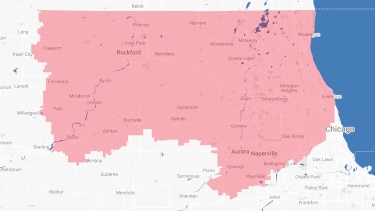
Proudly Serving
The Chicagoland AreaAddison | Algonquin | Antioch | Arlington Heights | Aurora | Barrington | Bartlett | Batavia | Beloit | Belvidere | Bensenville | Bloomingdale | Bolingbrook | Buffalo Grove | Byron | Caledonia | Capron | Carol Stream | And Much More!
VIew ALL


